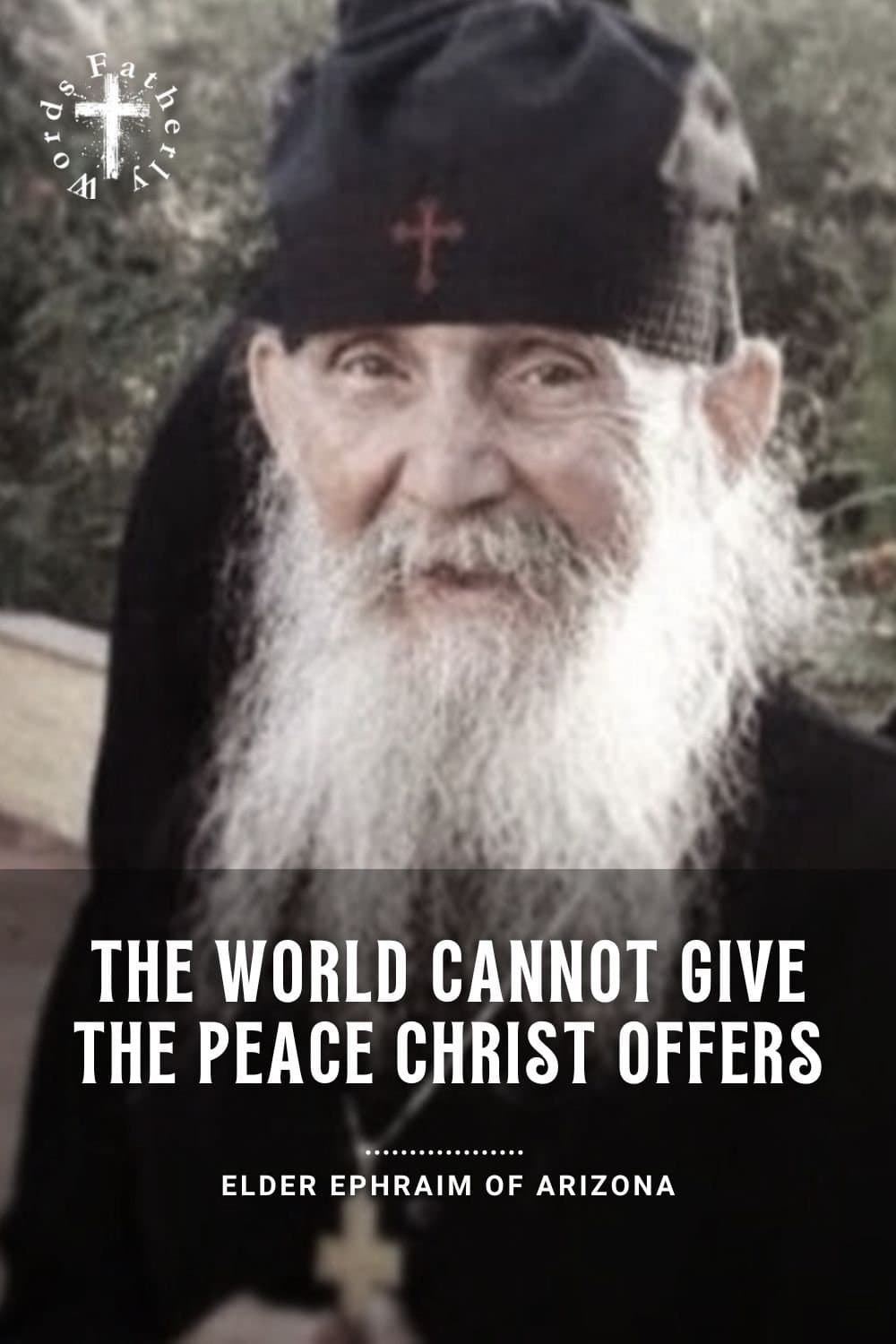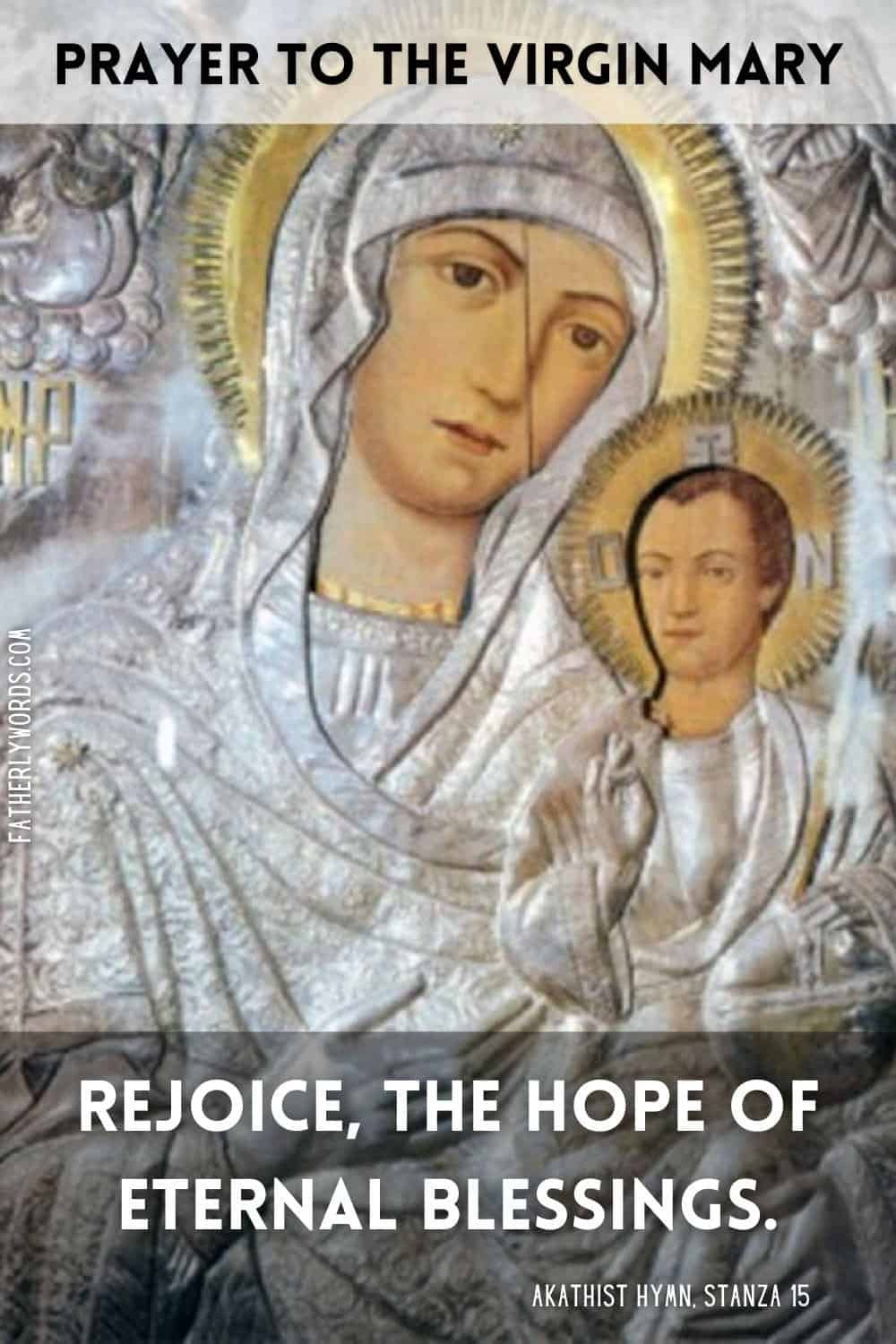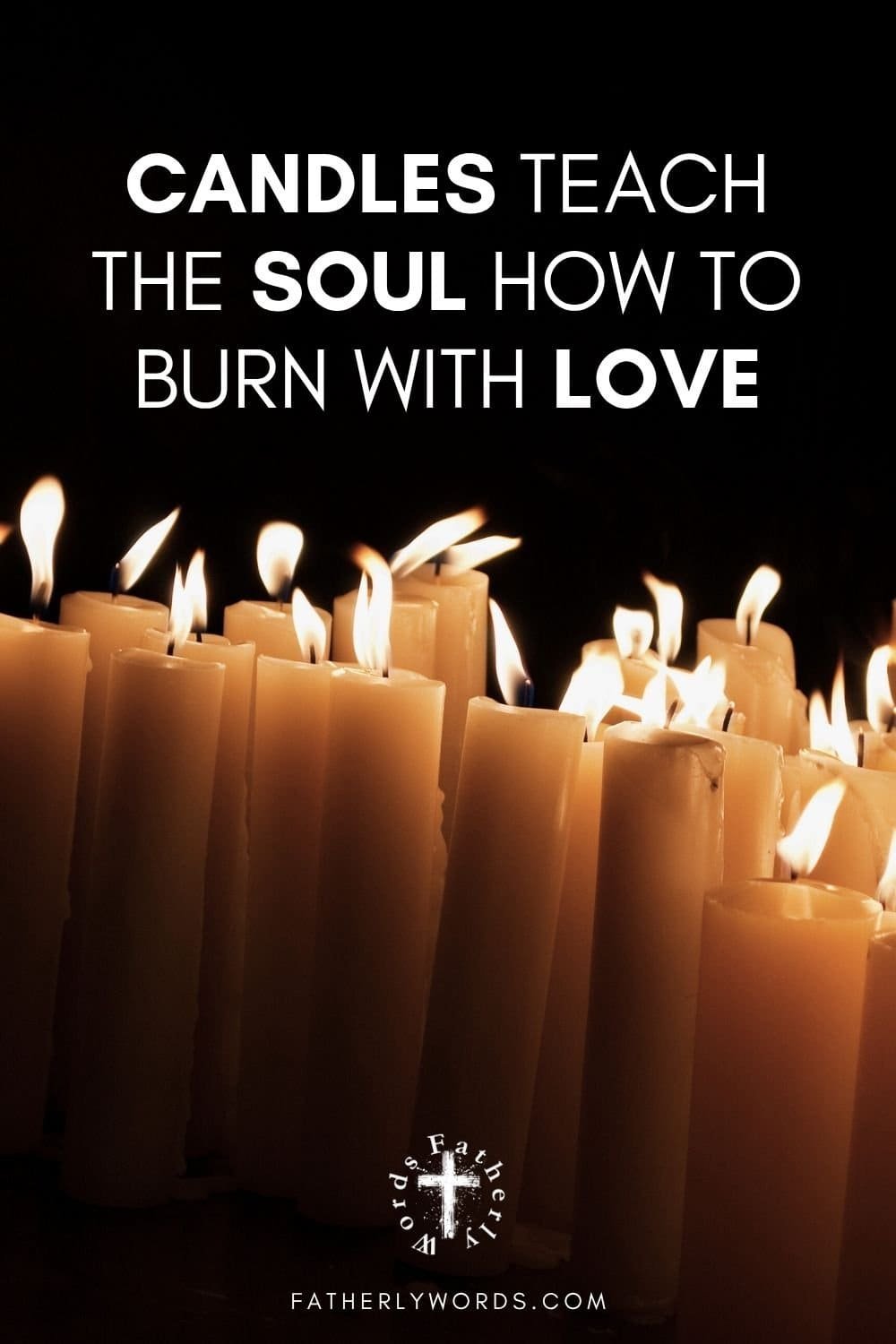The question of what makes Paradise truly blessed has been asked by Christians since the beginning. In Orthodox Christianity, the answer is not found in the beauty of gardens or the comfort of eternal peace.
The Holy Fathers teach that the greatest joy of Paradise is the vision of the Face of Christ. All the other joys of the Kingdom flow from this single and supreme blessing: to see the Lord as He is, in His glory, and to live forever in His light.
The Vision Of God As The Goal Of Human Life
From the beginning of creation, man was formed for communion with God. This communion is not merely knowledge about God, but living participation in His divine life. The Psalmist cries:
“One thing have I desired of the Lord, that will I seek after; that I may dwell in the house of the Lord all the days of my life, to behold the beauty of the Lord, and to visit His temple.”
Psalm 26:4, LXX
This verse expresses the deepest longing of the human heart, to behold God Himself.
In the Sermon on the Mount, the Lord Jesus Christ declared:
“Blessed are the pure in heart, for they shall see God.”
Matthew 5:8
This vision is not metaphorical. It is the direct encounter between the human person and the Living God.
Saint Gregory of Nyssa writes:
“The end of a virtuous life is to become a friend of God, to look upon Him face to face.”
This is the highest purpose of man. Not to possess things, but to behold the divine Beauty.
The Vision Promised In Scripture
Holy Scripture repeatedly confirms that the destiny of the righteous is to see the Lord. The Apostle John assures us:
“We shall be like Him, for we shall see Him as He is.”
1 John 3:2
The Book of Revelation adds:
“They shall see His face, and His name shall be on their foreheads.”
Revelation 22:4
These words, for the Holy Fathers, are not symbols. They are revelations of the mystery of eternal life. The soul that has been purified and filled with grace will be granted this vision.
Saint Isaac the Syrian explains:
“Paradise is the love of God, wherein the delight of all the saints is found. When the saints enter into it, they behold the glory of God and are filled with His light.”
Thus, the promise of Scripture is the same truth taught by the Fathers. The vision of the divine Face is the reward and goal of every struggle in Orthodox Christianity.

Why The Vision Of Christ Is The Supreme Joy
There are many consolations in heaven: rest from pain, reunion with loved ones, and freedom from sin. But the Fathers insist these are not the essence of blessedness. The supreme joy of Paradise is to see the Face of Christ.
Saint John Chrysostom says:
“What torment it will be to be deprived of the sight of that gentle and loving face! The greatest suffering of hell is not the fire, but being unable to behold Christ.”
This is why the righteous rejoice and the wicked mourn. For the righteous, the light of the Lord’s face is paradise itself. For the unrepentant, that same light is fire.
Saint Gregory Palamas teaches:
“The light that shines from Christ in the age to come will be joy for the saved and burning for the condemned.”
The vision is one and the same, but its effect depends on the state of the soul.
The Light Of Tabor And The Light Of Paradise
The Transfiguration of Christ revealed the nature of this vision. On Mount Tabor, the apostles saw the uncreated light.
“And His face shone as the sun, and His garments became white as light.”
Matthew 17:2
Saint Gregory Palamas explains:
“The light of Tabor is the light of the Kingdom. It is not a created light but the uncreated energy of God, the divine glory that fills the saints in Paradise.”
For the Orthodox Christian, the same uncreated light that shone from Christ on Tabor will fill the souls of the righteous after death. To see this light is to see the face of God.
Paradise Is Communion, Not Place
Paradise is not merely a place. It is a state of being in communion with God.
Saint John of Damascus writes:
“Where God is, there is heaven. Where God is not, there is hell.”
Thus, heaven and hell are not defined by geography but by relationship. Paradise means being with God, sharing His life, His light, and His love.
The Lord said to the thief on the cross:
“Today thou shalt be with Me in Paradise.”
Luke 23:43
The key words are with Me. Paradise is to be with Christ. This is the heart of Orthodox Christianity: communion with the living God through Christ.
Transformation Through Vision
To see the Face of Christ is not merely to look, but to be transformed. The Apostle Paul wrote:
“We all, with unveiled face, beholding as in a mirror the glory of the Lord, are transformed into the same image from glory to glory.”
2 Corinthians 3:18
The Fathers explain that the soul becomes what it beholds. To gaze upon Christ is to become like Him. Saint Maximus the Confessor says:
“The one who loves God becomes like God.”
This transformation is called theosis, or deification. It is not that the human person becomes divine by nature, but that he participates by grace in the divine life.
Saint Athanasius famously wrote:
“God became man so that man might become god.”
This does not mean equality with God, but sharing in His glory through grace and obedience.
The Role Of Purity Of Heart
The Beatitude teaches that only the pure in heart shall see God. Purity of heart means more than moral purity. It is the cleansing of the soul from passions and pride, so that the light of God can dwell within.
Saint Isaac the Syrian writes:
“When the heart becomes pure, the veil that separates it from God is removed, and the soul begins to see divine mysteries as in a mirror.”
The Fathers teach that purity comes through repentance, humility, and love. Without these virtues, no man can see the Lord.
“Follow peace with all men, and holiness, without which no man shall see the Lord.”
Hebrews 12:14
Thus, the spiritual disciplines of Orthodox Christianity, prayer, fasting, almsgiving, confession, and participation in the sacraments, are not external duties. They are means of purification that prepare the soul for the vision of Christ.
The Vision As Communion With All Saints
To see the Face of Christ is not a private event but a communal experience. The Book of Revelation describes the multitude of the redeemed:
“After this I looked, and behold, a great multitude which no man could number, of all nations and tribes and peoples and tongues, standing before the throne and before the Lamb, clothed with white robes.”
Revelation 7:9
Saint Symeon the New Theologian says:
“The saints behold the light of Christ together, as members of one Body. Each is filled with the same divine radiance, and in that light they know one another.”
In Orthodox Christianity, salvation is always communion — communion with God and with all who are united to Him. The joy of the vision is shared, not solitary.

The Theotokos And The Perfect Vision
Among all the saints, the Theotokos stands first in glory. She is the first and fullest partaker of the vision of Christ.
Saint Gregory Palamas writes:
“The Virgin beheld God with the eyes of the soul more purely than any other created being. Through her, humanity saw God in the flesh.”
Her life of humility and obedience made her the vessel of divine light. She teaches the faithful how to see God through obedience, purity, and love.
The Hope Of The Vision Shapes Our Life
Orthodox Christianity teaches that knowledge of this destiny transforms daily life. Every prayer, every act of repentance, every struggle is preparation for the face-to-face encounter with Christ.
Saint Ephraim the Syrian said:
“In the light of Thy face, O Lord, I shall rejoice forever. Let me now learn to love Thy light, that I may not fear it when Thou appear.”
The Eucharist is the foretaste of this vision. When we receive the Body and Blood of Christ, we are already united to Him. The Liturgy is the earthly reflection of the heavenly vision.
The Modern World Versus Orthodox Christianity
- The modern world thinks heaven means comfort. Orthodox Christianity teaches it means communion with the living Christ.
- The world sees joy as emotional satisfaction. Orthodox Christianity sees joy as the vision of God’s uncreated light.
- Many today think salvation is automatic. Orthodox Christianity teaches it requires repentance and purity of heart.
- The world imagines heaven as equality of all souls. Orthodox Christianity teaches it as the reward of holiness and grace.
- Secular people see religion as moral or psychological. Orthodox Christianity understands it as participation in divine life.
- The world focuses on earthly pleasure. Orthodox Christianity focuses on eternal communion.
- The world’s “light” is artificial knowledge. The true light, in Orthodox Christianity, is uncreated and divine.
The Difference Between Consolation And Vision
The Fathers warn that not every spiritual comfort is the vision of God. Emotional experiences can deceive. True divine vision brings humility, peace, and love.
Saint John Climacus says:
“When light comes from God, it brings meekness. When it comes from pride, it brings blindness.”
This discernment protects the soul. The Church, through her Fathers and saints, helps believers distinguish true grace from illusion.
Death And The Fulfilment Of The Vision
When a believer departs this life in repentance, the soul begins to experience the light of God according to its purity. The righteous taste joy, the unrepentant feel the same light as torment. Yet the fullness will come only at the resurrection of the body.
Saint John of Damascus writes:
“The soul will not receive its full blessedness until it is reunited with the body in the resurrection.”
Then all creation will be renewed, and the faithful will see Christ face to face.
“Now we see through a glass darkly; but then face to face.”
1 Corinthians 13:12
Consolation For The Living
The faithful take comfort in knowing that their loved ones who died in Christ behold the Lord. Death is not the end. It is entrance into the beginning of real life.
Saint Basil the Great comforts us:
“Those who die in the Lord do not perish, but are changed from glory to glory.”
Our prayers for the departed help them and unite us to them, because in the light of Christ, all who are in Him are alive.
“God is not the God of the dead, but of the living, for all live to Him.”
Luke 20:38

Teaching This To Children
Parents can teach this mystery simply. They may say: “Heaven is being with Jesus. The greatest joy is to see His loving face. When we pray, go to church, and do good, our hearts become bright so we can one day see Jesus. Those who love Him are happy forever with Him.”
This way, children learn that faith is not fear of punishment but desire for love, the love that shines from the Face of Christ.